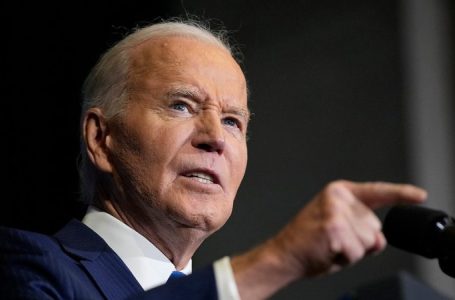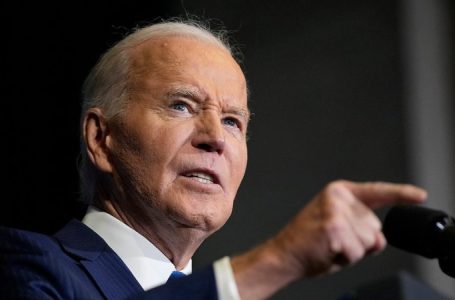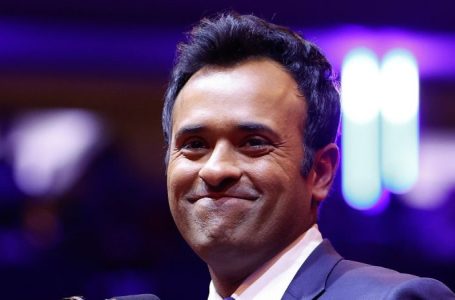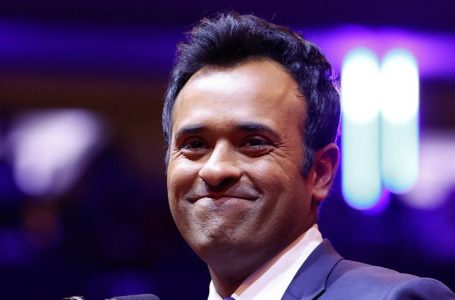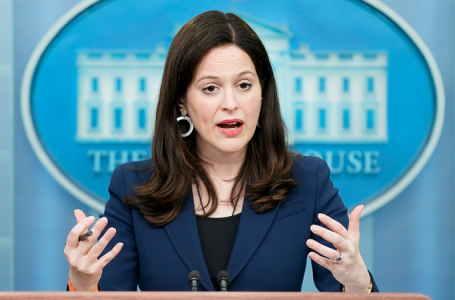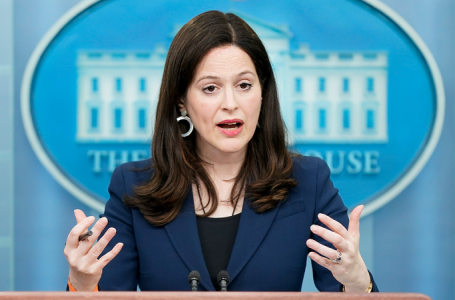Reporter’s Notebook: Following President Biden on his ‘global finale’ to Africa
- Editor's Pick Top News
- December 7, 2024
- 0

LUANDA, Angola — It could have been the symbol of President Biden’s seemingly jinxed trip to Angola.
Postponed in 2023 due to the wars in the Middle East.
Postponed again in 2024 due to the catastrophic hurricanes in the south.
And on the only full day of the first-ever trip to Africa for Biden as president, the skies opened up, sending torrential rain down and flooding poorly drained streets.
It almost halted the presidential and press convoy’s one-hour ride out of the capital Luanda for Biden to make a speech at the National Slavery Museum of Angola.
Of course, all this came in a week when other news was pounding down as hard as that rain. First, Biden’s self-inflicted pardoning of son Hunter. A Manhattan murder of a top executive. The collapse of two governments of our most important allies. And the ongoing dramas surrounding Trump’s Cabinet picks.
But as Biden does, he made it, not daring to walk up the slick marble steps to the museum itself, but standing at a podium dramatically located along the Atlantic coast with shafts of sunlight piercing through the dark clouds.
He spoke of the role the colonial masters played in shipping out thousands to a life of servitude, including to the United States. Angola was a major player in the Atlantic slave trade.
‘It’s our duty to face our history,’ Biden noted, ‘the good, the bad and the ugly.
But he also dealt with the real reason for the trip — helping the strategically-located southwestern African country of Angola steady itself to prepare for the future. By 2050, just 25 years from now. Africa will be the most populous continent in the world.
‘In many ways, Africa’s success will be the world’s success. And I said at the U.S.-Africa Summit in 2022, the United States is all in on Africa’s future,’ Biden said.
To deal with the present, Biden made a surprise announcement of $1 billion in U.S. humanitarian aid to help those displaced in Africa by droughts and extreme weather.
Earlier in the day, in a one-on-one meeting with Angolan President João Lourenco, Biden dealt with the future. There was a big focus on the Lobito Corridor, a rail and infrastructure project backed with $4 billion from the U.S. It is aimed at bringing to an Angolan port critical minerals from the Democratic Republic of Congo and Zambia and agricultural products and other industrial goods from Angola.
‘We work together to mobilize more capital,’ Biden declared, ‘to build more infrastructure, to help make these solutions real, to help Africa lead the way.’
Critics scoffed that this was just a ‘too little, too late’ attempt to catch up with China, which for years has been busy with infrastructure and other projects all across Africa.
In an interview with Fox News, White House National Security communications director John Kirby pushed back, saying. ‘It’s about them (the Angolans) catching up and keeping up and be more involved … in terms of bringing product to market.’
An anticipated mention of an expanded U.S. military role in Angola did not materialize. The U.S. already sends hundreds of millions of dollars in military aid to the country. There’s new talk of a U.S. base there to counter the Russian military’s increasingly active presence on the continent.
But the ‘elephant’ that did lurk at every meeting and gathering was the fact that Biden is now a very lame-duck president and how incoming President-elect Trump, who never made a trip to Africa during his first term in office, who even made derisory comments about certain countries there, would handle it all.
In a recent interview, the Angolan president said he would work with whoever is president.
And, actually, in an interview with Fox News, former Trump Africa envoy J. Peter Pham told us he thought many of the projects could survive, especially if China feels a sting.
He added, however, ‘I do think the new administration will ask some very tough questions about our investments on the continent, where they go and whether it’s the best return on capital.’
On the last day of his trip, Biden inspected the Lobito rail hub, where the huge project converges. In a roundtable with other regional leaders, after he noted he was an Amtrak rail fan, he was seen closing his eyes and holding his head in his hands as if he were sleeping, much like he probably dozed on those commuter rides for decades as a senator between Washington and Delaware.
Most in Angola seemed to think, however, the 82-year-old president played his role fairly well in what was called his ‘global finale.’
The test will come when it is seen if any of the benefits from these projects trickle down beyond the super-rich in oil-rich Angola, to the mostly young Angolans who are desperate for a life and living.
‘Just the fact that an American is coming to Angola is a good thing,’ one Luanda resident told us.
Despite bad timing and bad news elsewhere … a lot of people here have hopes.

